For months, fuel prices have been rapidly increasing, dragging the cost of essential commodities through the roof. The inflation sent shock waves into the economy, with families cutting their expenditures and thousands of people surviving through improvisation. Manufacturers have steadily increased the prices of their commodities to retain their profit. In anticipation of the State of the Nation’s Address, Ugandans were eager to see measures the President had prepared to curb this inflation.
In his speech, the President rightly attributed the cause of the high fuel prices to the Russo-Ukrainian war, which led to a shortage of oil on the international market, thereby leading to high fuel prices. However, regarding his solutions, His Excellency said he would not reduce taxes but would instead engage international actors causing the fuel shortage. He also expressed his faith in the meeting the President of the United States, H.E. Joe Biden, was scheduled to have with the crown prince of Saudi Arabia to persuade him to increase his fuel supply. The Head of State told Ugandans that reducing taxes was a trap because there are many road projects to be worked on which would not be embarked on if taxes were reduced. Still, in his speech, the President pointed to the many opportunities that lie in other countries that urgently need commodities like chicken and sugar, which are bountiful in Uganda.
"To cover Russia’s oil export gap, the OPEC countries would have to export much more oil than they have, and even if they had the required capacity, they would not allow more oil in circulation because they are currently minting higher revenues."
To cover Russia’s oil export gap, the OPEC countries would have to export much more oil than they have, and even if they had the required capacity, they would not allow more oil in circulation because they are currently minting higher revenues.
This kind of rhetoric begs the question, “what is the role of our government if we are to look elsewhere for solutions to this crisis?” The high fuel prices are precipitated by the sanctioning of Russia by the United States and other European Countries. Russia is the world’s second-highest producer of crude oil and gas, so a global oil shortage was inevitable. For a land-locked country like Uganda, fuel reserves that can take the country for a reasonable period had to have been put in place many years ago since the price of virtually every commodity in Uganda depends on the fuel price. But this was never a priority. The higher the cost of fuel, the more expensive the production of commodities. This has led to cost-push inflation.
Cost-push inflation occurs when the aggregate demand remains unchanged, but aggregate supply falls due to exogenous causes like the Russo-Ukrainian war in this case. The increased cost of production of commodities in Uganda has lowered production levels amidst the same level of demand. This accounts for the higher commodity prices. The immediate solution to this kind of inflation is for government to reduce the cost of production through tax reduction, offering subsidies to production firms and setting a price ceiling for essential commodities.
The President, however, said tax reductions would be suicidal because ongoing road projects need funding. However, upon implementing the solutions above, the government could embark on austerity measures of reallocating money from the less essential expenditures to funds for road construction.
Even if this was not possible, the situation as it is today reflects economic instability and stifles investment. Many small and medium ventures are struggling, if not collapsing. There is a need to save the country from suffering preventable economic pains, especially after COVID-19 has already constricted the economy. In the interim, it is more important to cushion the business sector from the adversity of the global fuel crisis than inject resources into medium-term or long-term ventures like road construction. The economic machinery of the country must at all times function to cause improvement in standards of living at all times. There is no way this can be ensured when abnormal commodity prices persist in such a land-locked and poverty-stricken country.
Recently, the Bank of Uganda released its Financial Capability Survey Report, which indicated that of the 22.8 million working Ugandans, only 1% earn more than one million shillings ($268), while an astounding 49.2% earn less than 150,000/= ($40). This information clearly illustrates the dire economic conditions that most Ugandans face daily. And one can imagine how this inflation worsens the already fragile status of the average Ugandan.
OPEC countries are currently minting money from the global oil shortage and would want to maintain the high revenues flowing in. It is also difficult for Saudi Arabia or OPEC to fill the gap created by the sanctions imposed on Russia. As of December 2021, Russia exported 7.8 million barrels of oil products a day. To cover Russia’s oil export gap, the OPEC countries would have to export much more oil than they have, and even if they had the required capacity, they would not allow more oil in circulation because they are currently minting higher revenues.
At present, Uganda is likely headed for a long stretch of economic hardship, which, if not decisively dealt with, will have a lasting negative impact on the economy and push more families into poverty. There is a need for the government to engineer internal solutions rather than look to the mercy and goodwill of other nations. The many economic opportunities cited by the President can only be pursued by an economically thriving populace, not one that has been subdued by the prevailing crisis. The good news is that the matter is not fait accompli, and the government still has a chance to salvage the situation.
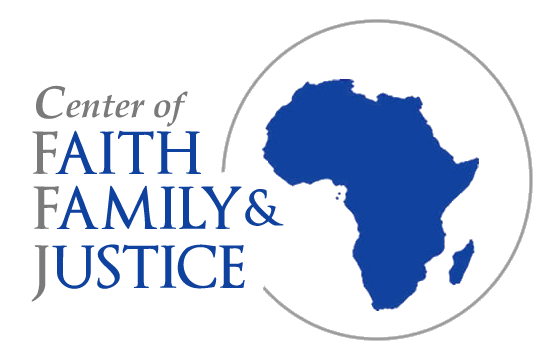
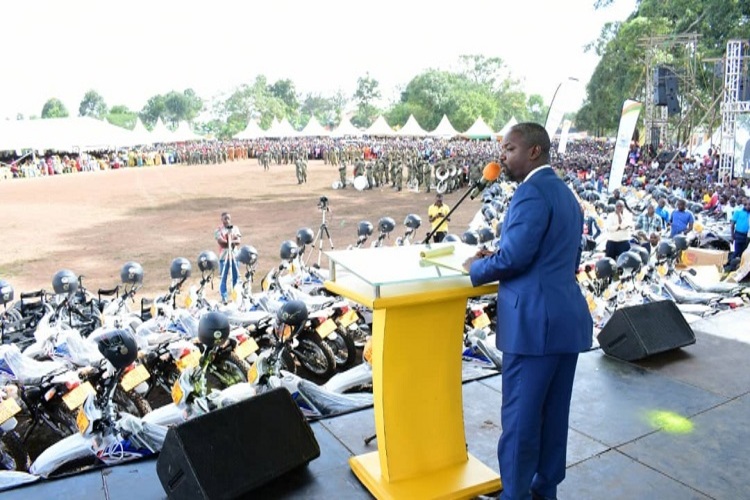
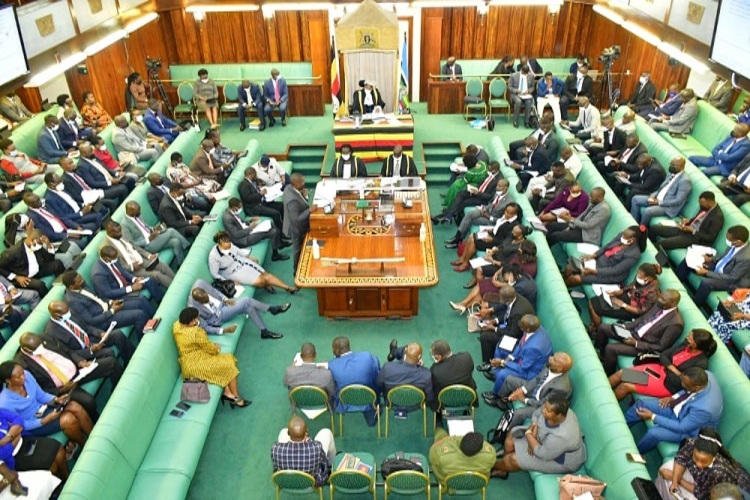
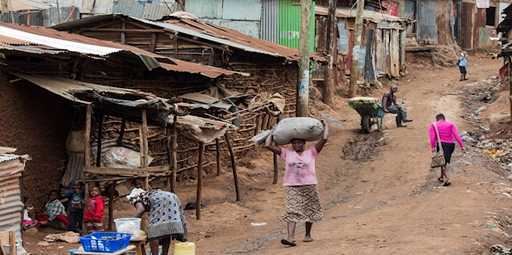
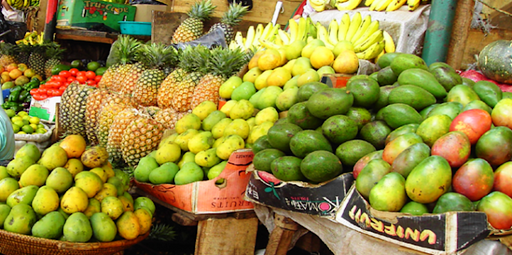


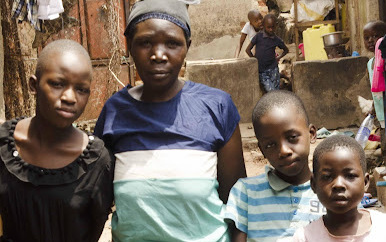

Views